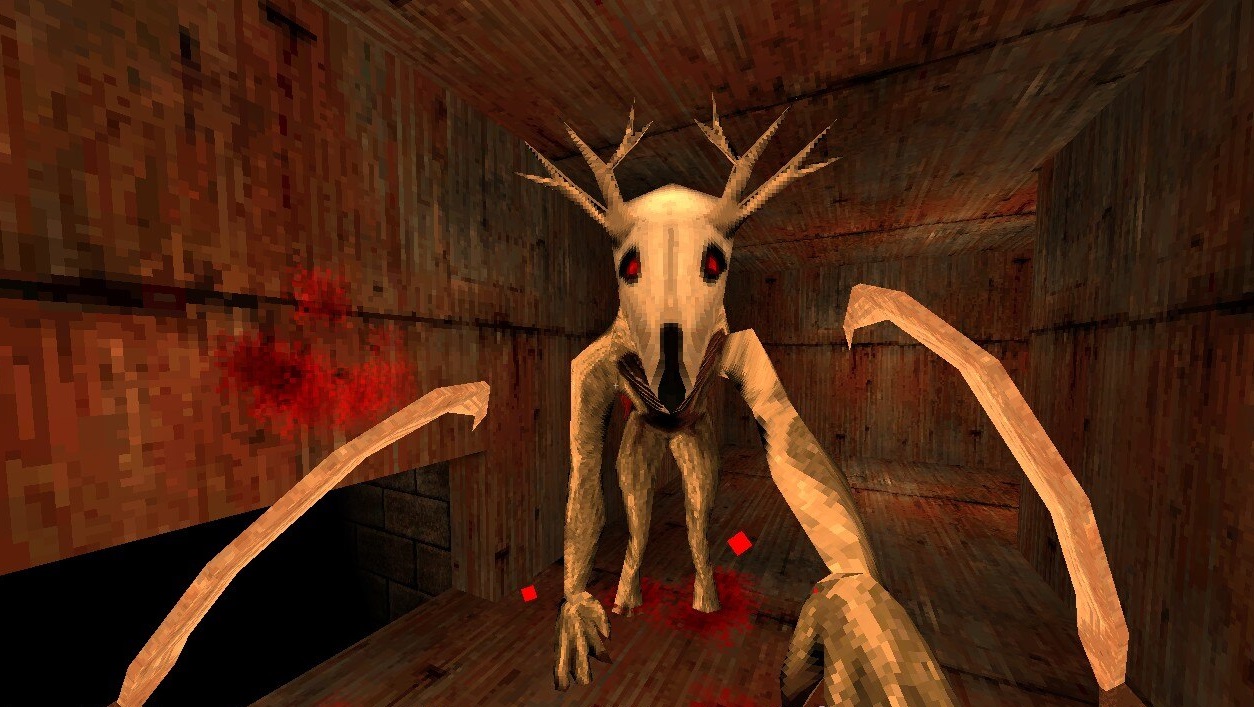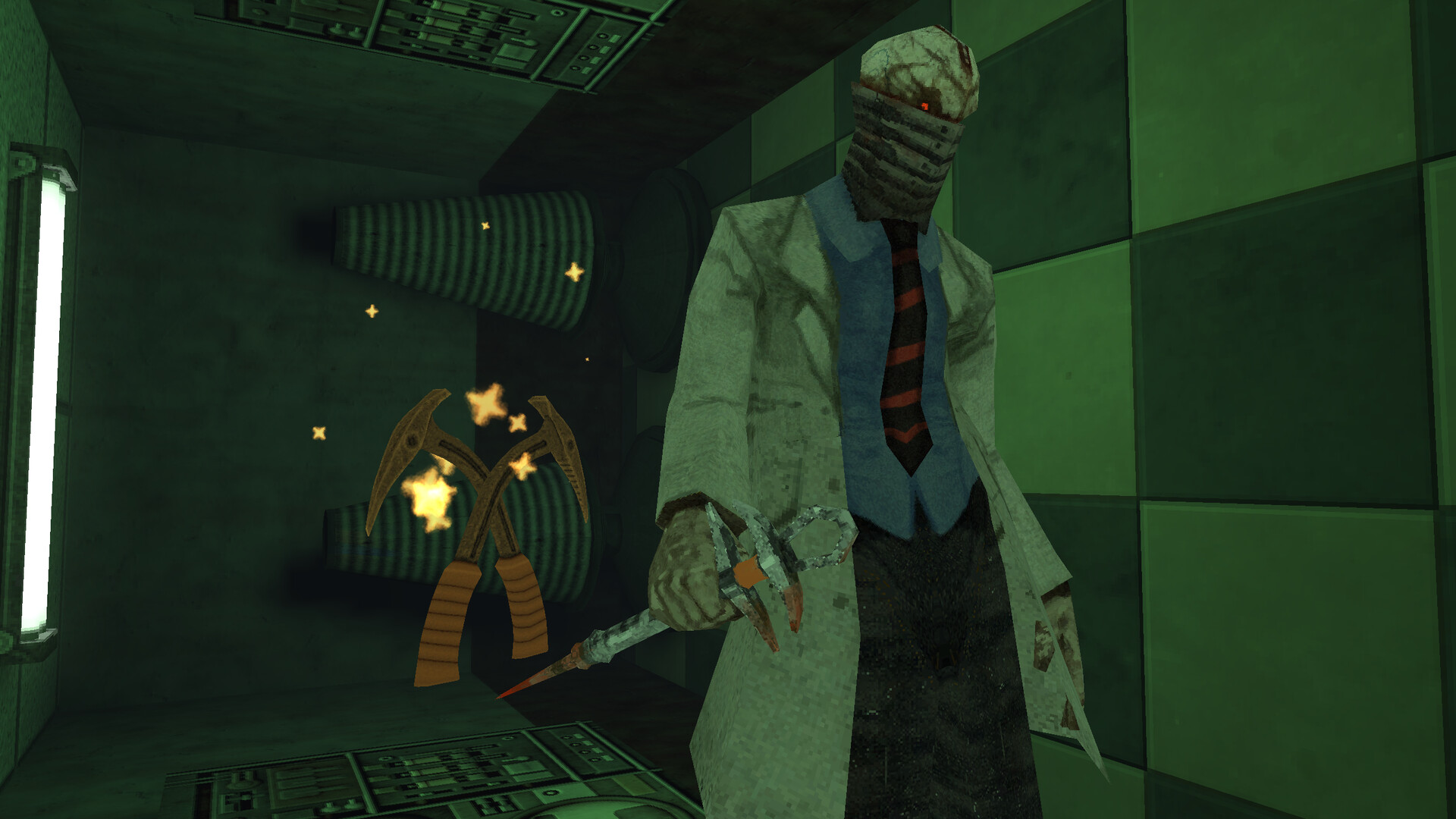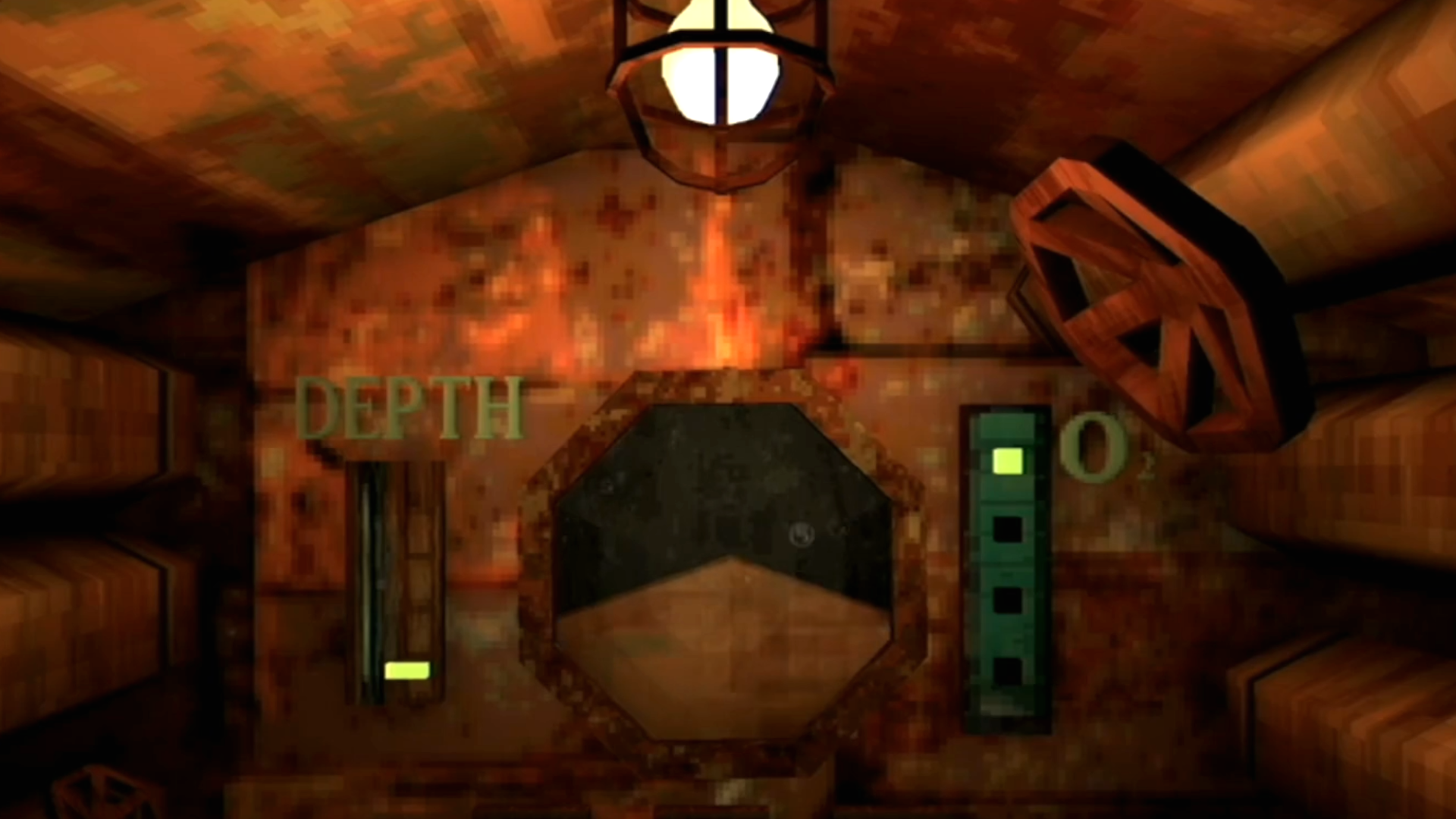Most players 'know next to nothing about how games are made': New Blood devs sound off on gamedev misconceptions
It's now easier than ever to make "broad incorrect assumptions" about how games work.

Keep up to date with the most important stories and the best deals, as picked by the PC Gamer team.
You are now subscribed
Your newsletter sign-up was successful
Want to add more newsletters?

Every Friday
GamesRadar+
Your weekly update on everything you could ever want to know about the games you already love, games we know you're going to love in the near future, and tales from the communities that surround them.

Every Thursday
GTA 6 O'clock
Our special GTA 6 newsletter, with breaking news, insider info, and rumor analysis from the award-winning GTA 6 O'clock experts.

Every Friday
Knowledge
From the creators of Edge: A weekly videogame industry newsletter with analysis from expert writers, guidance from professionals, and insight into what's on the horizon.

Every Thursday
The Setup
Hardware nerds unite, sign up to our free tech newsletter for a weekly digest of the hottest new tech, the latest gadgets on the test bench, and much more.

Every Wednesday
Switch 2 Spotlight
Sign up to our new Switch 2 newsletter, where we bring you the latest talking points on Nintendo's new console each week, bring you up to date on the news, and recommend what games to play.

Every Saturday
The Watchlist
Subscribe for a weekly digest of the movie and TV news that matters, direct to your inbox. From first-look trailers, interviews, reviews and explainers, we've got you covered.

Once a month
SFX
Get sneak previews, exclusive competitions and details of special events each month!
Hang out with a game developer in a casual setting for an hour and the topic of gamedev misconceptions is bound to come up. It's always fun to explain what people get wrong about your job, especially if it could lead to fewer misguided assumptions and mean comments on the internet.
Such was the goal of a monster feature interviewing 32 game developers published today at GamesRadar, which included several choice quotes from New Blood, the indie studio known for modern throwbacks like Dusk, Ultrakill, and Gloomwood.
Pulling no punches as usual, New Blood CEO Dave Oshry said that most players "know next to nothing about how games are made," adding that game development teams have more in common with film and TV production than you'd think.
"With the exception of solo devs, games are an artistic endeavor that require the cooperation of handfuls, dozens, hundreds or even thousands of people at once working together to create interactive art," Oshry said. "You can put all the great programmers, artists, animators and sound designers you want in the same building but that doesn't mean they can make a great game. Great games are made by great teams that work great together. It helps when they're all friends, too."
I think most fans understand that it takes a village, but Oshry is also speaking to the surface-level chatter surrounding new games or studios as they're first announced, the roots of which often begin with the studios themselves. There's nothing a new outfit with big investors loves more than highlighting all the successful games its employees have collectively worked on, but that has almost nothing to do with what they'll eventually make together. How many studios "founded by ex-Blizzard devs" have come and gone over the years?

The idea is to sell a studio's immense talent so you can attract other talent, which is reasonable and important, but who's to say if that talent will gel together? That's the hardest part, according to Oshry, and exceedingly rare.
I rate that one a 5/10 on the misconception scale, but Oshry's cohort David Szymanski had a spicier take that I subscribe to. The man behind Dusk and Iron Lung is tired of seeing "dev laziness" used as "a blanket explanation for missing/buggy features or seemingly hacky implementation."
Keep up to date with the most important stories and the best deals, as picked by the PC Gamer team.
"These decisions are nearly always driven by an unseen web of more complex issues and/or external pressure," he said.
Not an especially spicy observation, but then Szymanski went on to say that, in some instances, the accessibility of game dev tools these days has become "a bit of a double-edged sword" when complaints start flooding in.

"It's now very easy to acquire enough knowledge to make broad incorrect assumptions about how easy a given task should be," Szymanski said.
You know, that does sound annoying—8/10 misconception. It's one level of irritation when someone with absolutely no background in your field makes a wild assumption, but it's way worse when someone believes they know just enough to tell you how it's done. When your favorite game is missing a feature that you believe should be there by now, there's always that one guy who gets 5,000 upvotes on Reddit with a post titled "As a game developer, don't let them fool you, this should be easy as hell."
Similarly, Helldivers 2 and Palword devs had some words for fans who intuitively believe that big features can be made within days or weeks when they actually take months. The whole feature's packed with quotes like that, so make sure to check out the full thing over at GamesRadar.

Morgan has been writing for PC Gamer since 2018, first as a freelancer and currently as a staff writer. He has also appeared on Polygon, Kotaku, Fanbyte, and PCGamesN. Before freelancing, he spent most of high school and all of college writing at small gaming sites that didn't pay him. He's very happy to have a real job now. Morgan is a beat writer following the latest and greatest shooters and the communities that play them. He also writes general news, reviews, features, the occasional guide, and bad jokes in Slack. Twist his arm, and he'll even write about a boring strategy game. Please don't, though.
You must confirm your public display name before commenting
Please logout and then login again, you will then be prompted to enter your display name.

